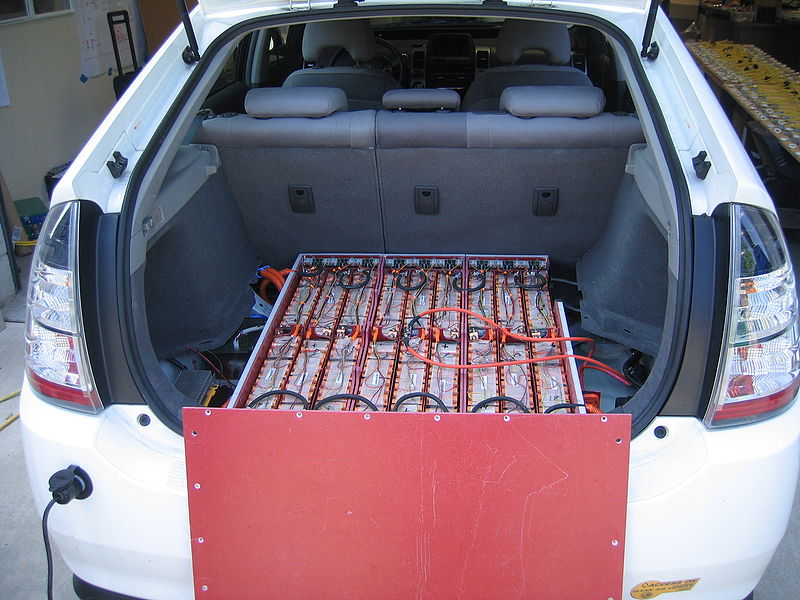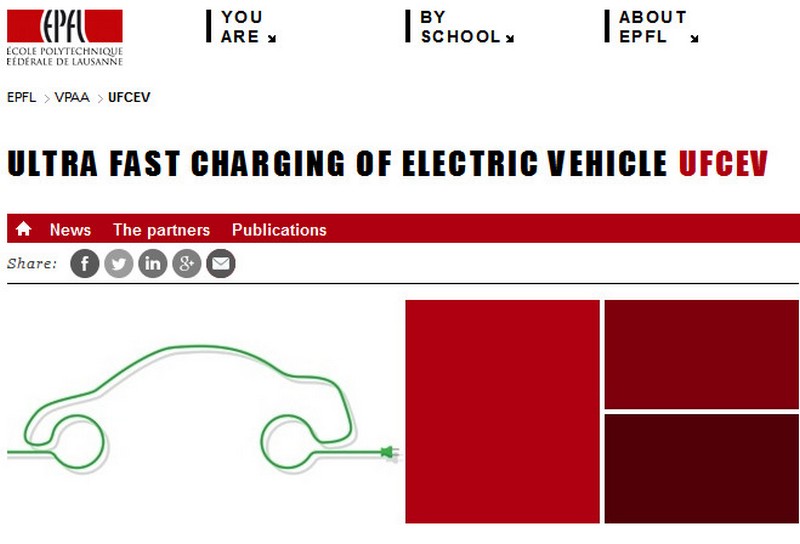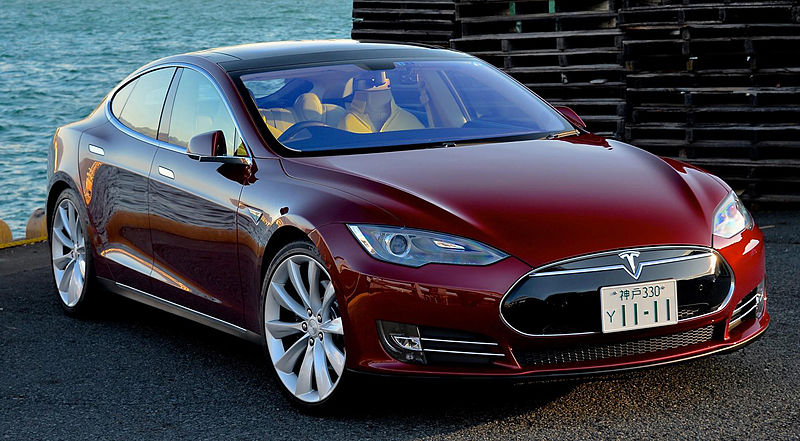New Technological Developments that Make Electric Cars Better and More Viable
Electric cars have been in existence for quite a long time but until now they have not overtaken the popularity of internal combustion engines and hybrids. First produced in the 1880’s, electric cars have continued to evolve and are seeing new technology developments that will only make them better and perhaps more viable and preferable in the near future.
There are compelling reasons why electric cars should become more popular. These reasons can be summarized as follows:
- The need to reduce greenhouse gas emissions
- The need to reduce pollution from transportation
- The high or fluctuating cost of gasoline and diesel
However, current electric vehicle technology and the infrastructure to support them are still not good enough to compete with other types of vehicles. In particular, electric vehicles still have limited speeds, a short driving range, and are still taking a long time to charge. It also does not help that there are only a few electric vehicle recharging stations even in major cities. How will these battery-operated cars run if they already run out of charge and there are no quick means to recharge the battery?
Fortunately, there have been a number of tech advancements recently that are expected to make electric vehicles better than ever. With these new technologies, electric cars are expected to slowly get rid of the drawbacks associated with them and become attractive options for those who seek to reduce their carbon footprint.
- 15-Minute Battery Charging
As mentioned, one of the reasons why electric cars fail to become more popular is the long hours it takes to recharge the batteries. The good news is that long charging times have already been considerably reduced. One of the latest developments comes from Ecole Polytechnique Federale de Lausanne (EFPL) or the Swiss Federal Institute of Technology. Researchers at EFPL have developed a charging station system that can make charging as short as 15 minutes for a battery with a 4.5 MW capacity. Some of the fastest charging solutions at present are the Tesla supercharging stations which can bring the charge to 80% in 40 minutes and the rapid charging stations that supply 43kW to 50kW of power to bring the charge to 80% in 30 minutes. All of which pale in comparison to the 15-minute duration promised by the technology from EFPL.
Fifteen minutes is still a long time, though. It still can’t compare to the significantly lower length of time in simply pumping gasoline or diesel to a car. Nevertheless, it’s a big progress every electric car enthusiast would welcome. There’s no doubt that it can be improved even further in the future.
- Aluminum-Air and Zinc-Air Batteries
Phinergy, an Israeli company, is currently developing aluminum-air and zinc-air batteries designed for low to zero carbon emission systems. What’s special about these batteries is that they siphon oxygen from the environment instead of using stored oxygen within the cathode part just like how traditional batteries work. This design results in a dramatically slimmer or smaller battery, something completely advantageous for electric vehicles. Phinergy, together Alcoa (one of the biggest investors) has already tested the effectiveness of its aluminum-air battery on a boat in Switzerland back in 2014, and reported that the battery showed an increased usability duration of up to six times.
- Self-heating Batteries
Another technology that spells a boon for electric vehicles is the self-heating lithium-ion battery developed by a team of researchers from Pennsylvania State University and EC Power State College. Batteries perform poorly when exposed to subzero temperatures so using an electric car does not make sense during the winter. Aside from being not powerful enough to go through thick layers of snow, the batteries in electric cars naturally perform poorly under severely cold temperatures.
Subzero temperatures make conventional batteries suffer from severe power loss. The extreme cold also leads to significantly slow charging times. This new self-heating battery can perform well within a temperature range of -4°F to 32°F within the first 20 seconds of operation and from -22°F to 32°F in 30 seconds. The power loss due to the cold temperature is not completely eliminated but is reduced to 3.8% to 5.5% from the usual 40%.
- Faster Electric Cars that Can Go a Long Way
Last year, students from the University of Stuttgart created an electric car that won a new world record for being the fastest accelerating. It beat the previous record of 1.785 seconds of ETH Zurich and Lucerne University of Applied Sciences and Arts by a minute 0.006 second. Electric cars have already become faster and more powerful than they used to be. The Tesla Model S is already capable of running at 100 kmph. A few years from now, major car manufacturers are set to offer purely electric vehicles that may already be close to how traditional cars perform. Volvo, for one, promises to offer a long-range purely electric car by 2019.
The future of electric vehicles looks more promising year after year. Thanks to new battery technologies and other technological improvements, it shouldn’t take a very long time before we can shift to electric vehicles as a way of cutting down greenhouse gas emissions, reducing urban pollution, and decelerating global warming.



